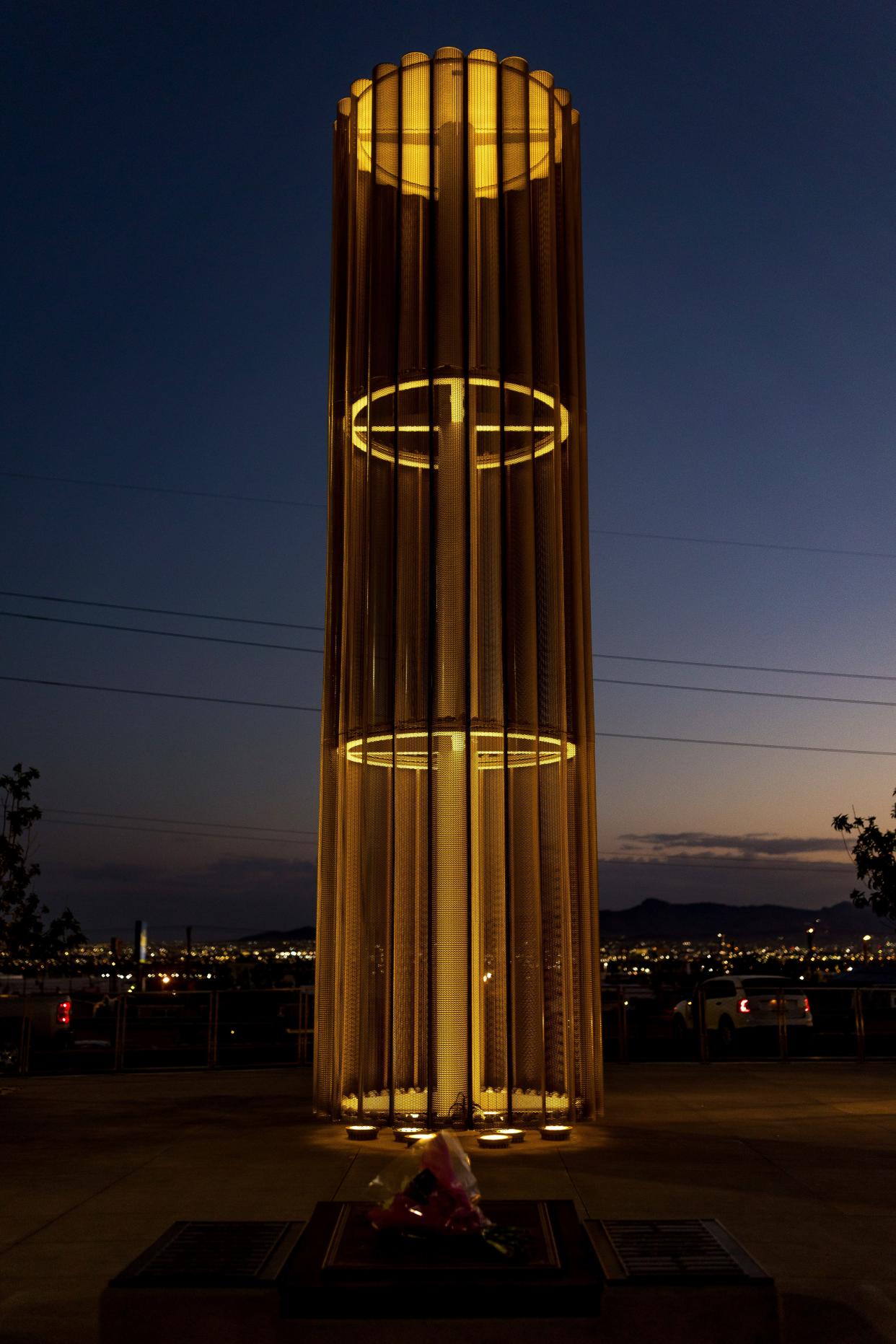To douse the flames of white nationalism: On the El Paso massacre

The Walmart shooter's recent sentencing to 90 consecutive life sentences for his execution of 23 people in an El Paso Walmart in Aug. 2019 brings a measure of closure for the relatives of the victims and the El Paso community.
The gunman pleaded guilty in a federal court, and faces state murder charges later this year.
I make the unsettling case in my new book that the shooting marks the culmination of some 30-plus years of increasingly hardened U.S.-Mexico border enforcement, processes which have complex ties to currents of white supremacy.
Indeed hours before the shooting, the shooter published an online post that referenced a “Hispanic invasion” of Texas. What further inspired the executioner was the ideas of The Great Replacement, a book authored by French commentator Renaud Camus that contends that “white genocide” was occurring in France, in this case African and Muslim immigrants, echoing a century of white supremacy thought.
It is notable that years earlier, patrician Madison Grant in The Passing of The Great Race, anticipates these ideas. Originally published in 1916, Passing espouses eugenicist warnings about degenerate immigrant masses, the dangers of miscegenation, and Great Replacement-like contemplations of white race suicide.
Adolf Hitler himself termed Passing his bible. It served as grounding for early United States immigration law. The Walmart shooter was also inspired by other mass shootings, particularly those in New Zealand, where another incensed white nationalist systematically targeted migrant and migrant resembling population at a mosque during morning prayer.
More: El Paso Walmart mass shooter in state custody, faces trial that could bring death penalty
El Paso is where I was raised. It is where I lived for most of my childhood, before leaving to study and eventually winding up in the college town of Champaign Urbana, Illinois, where I teach and write.
The Pass of the North is where my parents, in-laws, and much of my extended family remain. The city is where my family found refuge early in the 20th century, as conditions in Mexico deteriorated during its tumultuous revolution when crossing the international border was easier, as it was for much of the 20th century.
El Paso is where I would cross the bridge from Downtown into Ciudad Juarez, regularly, along with hundreds of thousands of other people. Crossing international borders was routine. It was normal. It was part of daily life.
But the border began to harden late in the 20th century. As wealth in the United States and elsewhere across much of the globe began to consolidate into fewer and fewer hands, the Border Patrol, then during the administration of Democrat Bill Clinton, implemented a series of operations to deter undocumented crossings.
These effectively drove migrants into inhospitable terrain. Some 10,000 migrants have died since then. These processes situate the victims and other would-be border crossers in the cruel crosshairs of white nationalists, and their allies who have only ever taken people who cross borders as a threat.
More: Affidavit details El Paso officers alleged scheme to prevent officer's arrest
Nonetheless, as people of border regions know all too well, borders are still regularly crossed. People of all sorts cross international boundaries every day. They cross to work. They cross to shop. They cross to study. They cross to visit family, to see friends, eat meals, attend parties, go dancing, and to make love.
They cross to live.
Borders — as many of us know — are meant to be crossed.
Border regions, such as El Paso-Juarez or Nogales, Arizona-Nogales Sonora, or those elsewhere in our globe, demonstrate how the vast majority of crossings are routine. They are inconsequential. Borders are not sites of racial invasion. They are where people of all types cross and live to the banal rhythms of daily life.
Borders shouldn’t configure certain kinds of bodies as undeserving or dangerous. Crossing them shouldn’t lead to people facing simmering fires of law enforcement, or detention, or losing a child, or expose them to the crueler elements of our society.
What if all the resources that have been poured into border enforcement were prioritized differently? What if instead of the cruel, if not deadly, policy of border and immigration enforcement, investments were made in making border crossers welcome?
What if the millions upon millions currently invested in enforcement was turned toward public education, public health, better schools, better housing, for citizens and noncitizens alike? What if every life was taken as precious? Such a critical reimagining would perhaps douse white nationalist fires. It could douse future scenes of violence that scar border crossers that all too often those resembling them.
Gilberto Rosas is associate professor, Departments of Anthropology and Latina/o Studies Interim Chair, Latina/Latino Studies at the University of Illinois, Urbana-Champaign.
This article originally appeared on El Paso Times: To douse the flames of white nationalism: On the El Paso massacre

